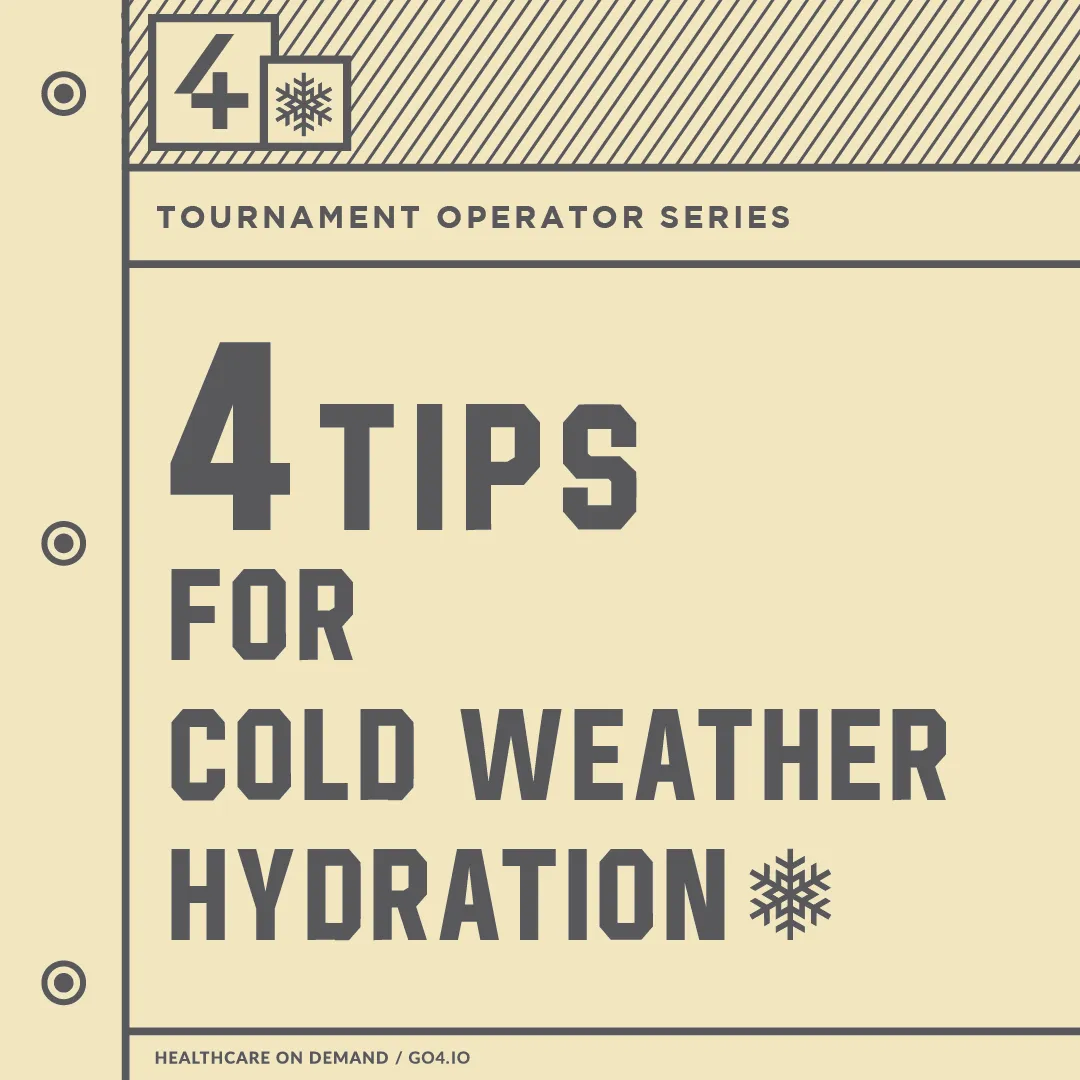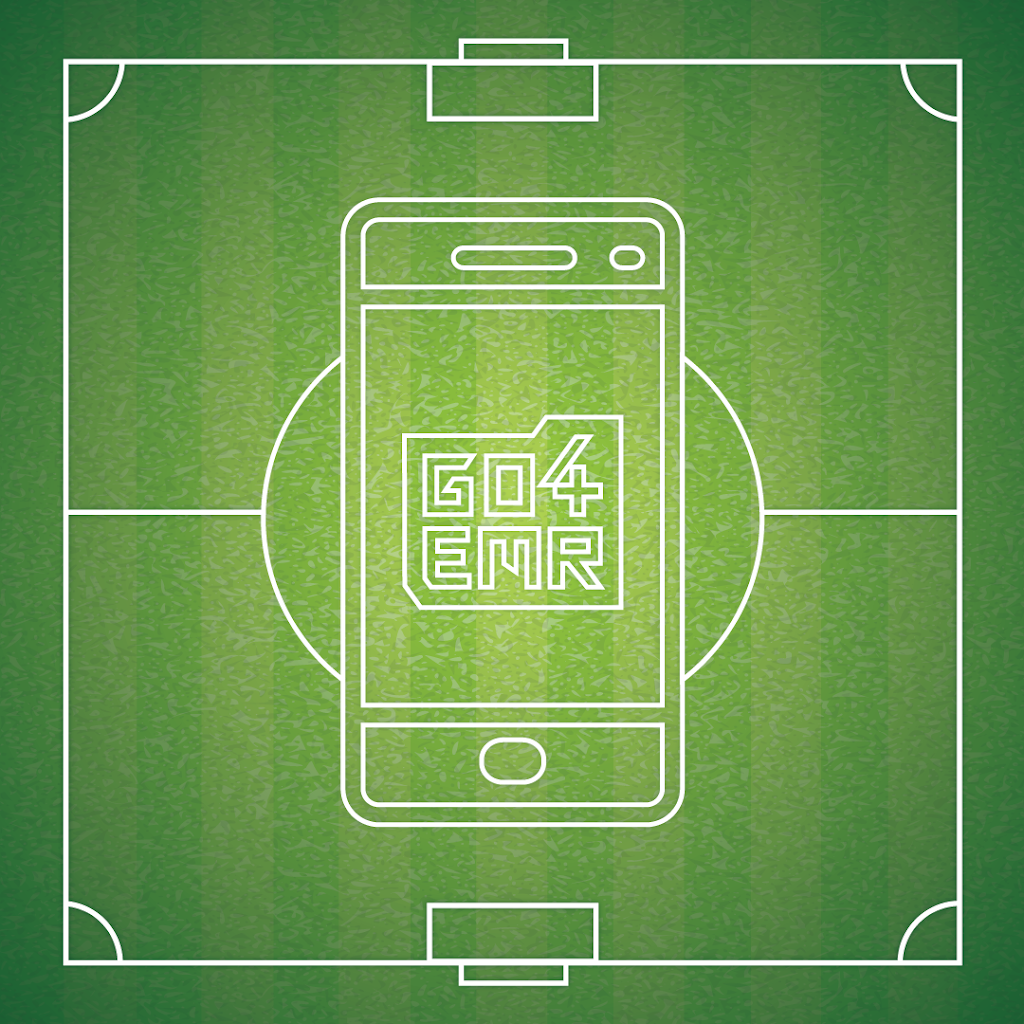4 Tips For Cold Weather Hydration

4 Tips For Cold Weather Hydration
For most of the country, the next four months will be spent training in the cold. Whether your high school football program is making a run at the state title, you’re hosting an outdoor tournament, or you’re an athlete training in the parking lot while you wait for volleyball to be done in the gym . . . preparation is needed for cold weather training. Here are 4 Tips every athlete and coach needs for keeping up with hydration in the cold weather
And if you need cold weather resources, you’ve come to the right spot!
Hydration is tricky in the cold
>> Cold weather moves fluid from your extremities to your core, increasing your urine output, dehydrating you further.
>> Cold weather also decreases your thirst sensation up to 40%.
>> When you can see your breath, you’re losing more fluid than normal.
>> As a general rule, for every pound of body weight you lose through sweat you should replace it with .45L of water; about the amount of water in the average 500ml bottle of water.
Sunscreen is your friend
>> A moisturizing sunscreen will reduce wind burn on areas that are exposed to the elements such as face and neck.
>> Purchase an spf chapstick like this one. Just because it’s cold out doesn’t mean you can’t get sunburnt.
The order of your layers matters!
>> Choose a moisture wicking material for your base layer with an insulating material like fleece on top.
>> Have a wind/waterproof resistant top layer handy for protection against wind and rain during rest breaks.
>> Exercising in the cold/wind drops your core body temperature, and wet clothes can double heat loss.
Get Acclimated
>> Start training outdoors EARLY & OFTEN! Just like in the warmer months, our bodies need to acclimate to changing temperatures.
>> Your body regulates its core temperature by limiting blood flow to limbs in cold weather, causing your muscles to work less efficiently. This puts you at a greater risk for soft tissue injuries like strains and sprains.
>> Fatigue can also impair your ability to regulate body temp in the cold, which can translate to injury.
>> Getting 8-10 hours of sleep as a young athlete helps you acclimate to cold training.
Are you an Athletic Trainer?
Join us!
From per diem shifts to full-time opportunities, AT resources, PLI, a free EMR and more, Go4 is the essential AT app. Sign up now!
"*" indicates required fields
Other articles you might like

What’s the deal with Standing Orders?
How do I get standing orders as an athletic trainer? Q: What are standing orders? A: Standing orders, aka medical protocols, establish the scope of practice for an athletic trainer. Under the direction of a physician, they are an overview of the specific skills that the AT is legally able…

AT Spotlight: Thomas Obergefell, Athletic Training from the Dugout
Name: Thomas Obergefell, MS, ATC, LAT Nickname: T.J. Alma…

Middle School / High School / College / Any School EMR – The Importance of Documentation
Go4’s in-app Electronic Medical Record We all know the reasons why it’s important to thoroughly document, but incase you forgot, here they are:…